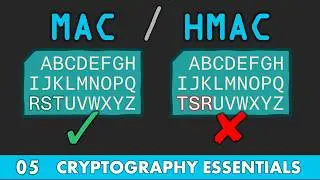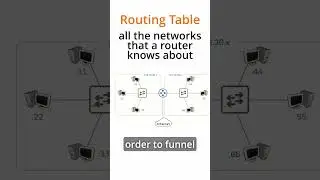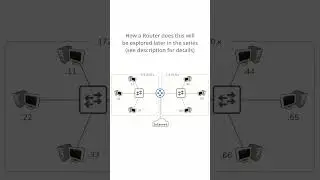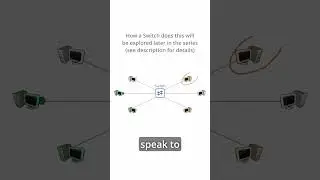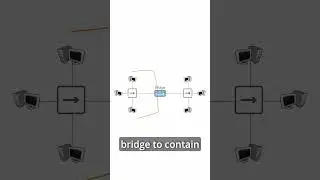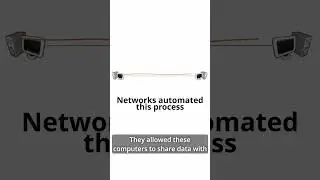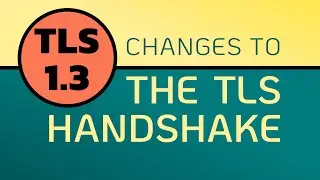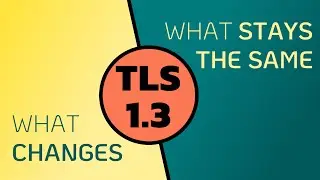A better definition of Asymmetric Cryptography
If you think Asymmetric Crypto is merely "encrypting with a public key and decrypting with a private key" then you're definition is missing a large part of Asymmetric Cryptography! In this video I share a better framework for understanding Asymmetric Cryptography, and the operations it is responsible for (Encryption, Signatures, and Key Exchanges).
// CHAPTERS
0:00 - Understanding Asymmetric Cryptography
0:45 - Asymmetric Keys are not merely a single value
1:28 - Public Keys vs Private Keys -- which are used first?
1:59 - Asymmetric Crypto Operations: Encryption, Signatures, Key Exchanges
3:29 - Asymmetric Crypto Algorithms: RSA, DSA, Diffie-Hellman
4:29 - Want more? pracnet.net/ce
// FULL SERIES - Cryptography Essentials //
This video is part of a 16-part series covering the essentials of modern Cryptography. Explained simply, and technically accurate.
The full series is available here:
📋 • Cryptography Essentials
( or use the shortcut pracnet.net/ce )
00 Series Introduction
01 Hashing
02 Keys / Secret Keys
03 Symmetric Cryptography
04 Encryption
05 MAC / HMAC
06 Pseudo Random Function
07 Asymmetric Cryptography
08 Asymmetric Encryption (RSA)
09 Signatures
10 RSA Signatures
11 DSA Signatures
12 Key Exchanges
13 RSA Key Exchanges
14 DH Key Exchanges
15 Elliptic Curve Cryptography
// ADDITIONAL RESOURCES //
RSA vs Diffie-Hellman vs DSA:
https://www.practicalnetworking.net/p...
// SUPPORT PRACTICAL NETWORKING //
If this content benefited you, then here are TOTALLY FREE ways to show your appreciation:
👍 Like to help this video reach more viewers
💬 Comment to boost the channel's visibility
🔔 Subscribe to help me attract sponsors (this is the number they care about)










